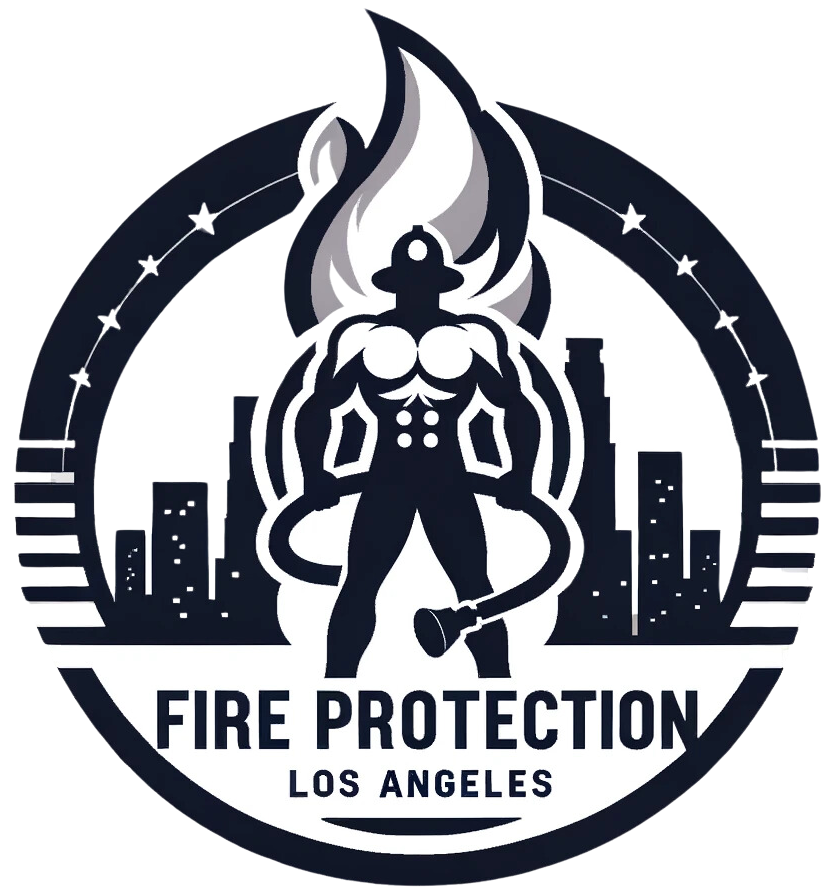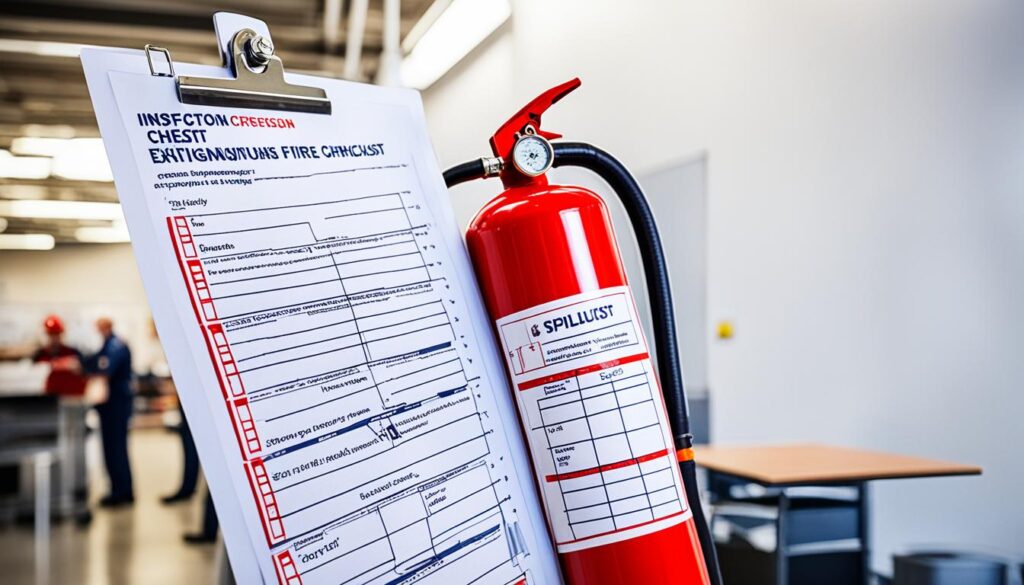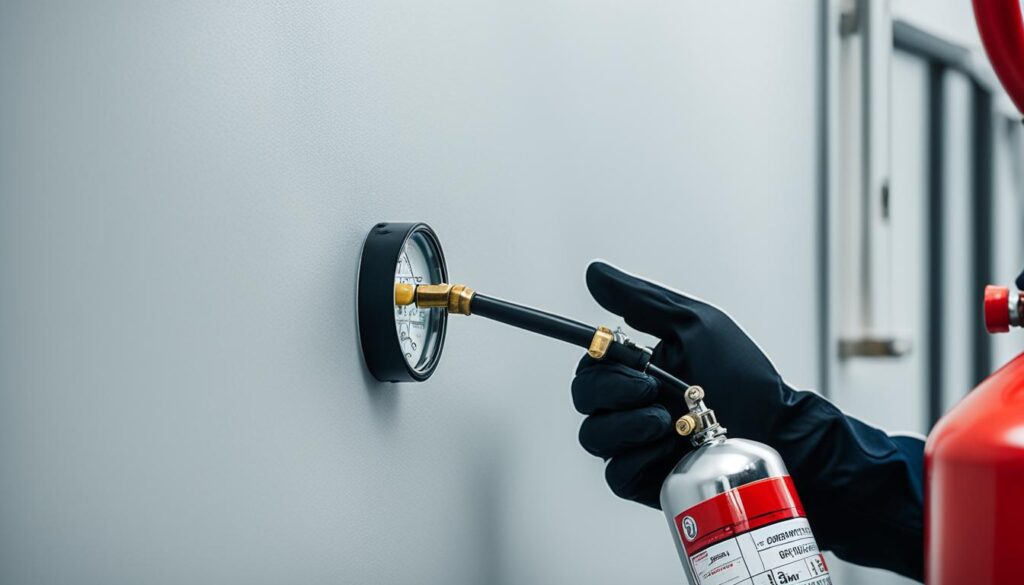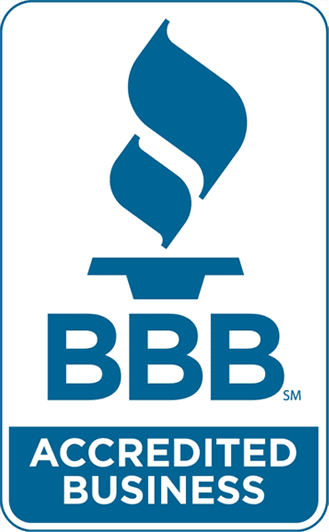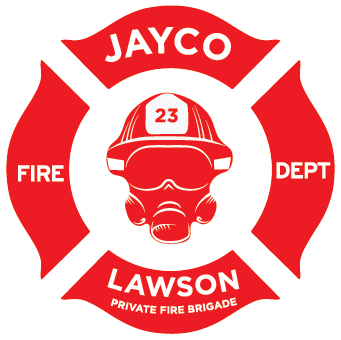Did you know regular fire extinguisher inspections are a must? They must be done at least once a year by a certified tech. These checks are key to stopping small fires from getting bigger. They help save lives and protect buildings.
Every year, experts check fire extinguishers. But, your team should check them every month too. These checks make sure the extinguishers are easy to find, see, and work right. If not, fires can get worse.
Fire extinguishers that work well help stop fires and save buildings. They also cut down on damage costs. Tests during servicing check for leaks and if they work right. This can save lives.
The NFPA says regular checks are a must for safety. So, you need to check them monthly and yearly. This keeps everyone safe.
Regular checks make sure everything in the extinguisher works well. This includes the pressure and the stuff inside that puts out fires. These checks are key for safety in emergencies.
Checking fire extinguishers often can prevent big damage and loss. It shows how important these checks are for safety and health. They make a big difference in keeping people and places safe.
Meeting Fire Safety Compliance and Standards
Fire safety rules are complex and need careful following to keep everyone safe and avoid big fines. It’s important to know these rules well. This includes doing fire safety checks and following fire extinguisher standards. Keeping fire extinguishers in good shape and knowing why safety checks are important are key to a strong safety plan.
Understanding Fire Safety Regulations and Code Compliance
It’s crucial to understand fire safety laws, including local and national codes. Every year, experts must check firefighting gear to make sure it’s up to standard. Not following these rules can lead to big fines or even closing down a place. It’s important to keep learning about new standards like NFPA 1 and the International Fire Code to stay safe.
Monthly and Annual Inspection Protocols
Fire extinguishers need regular checks. Every month, staff should look over them to make sure they’re easy to find and not blocked. This is important for following fire extinguisher standards. Once a year, a more detailed check is done to make sure everything inside and outside the extinguishers works right.
Role of Certified Technicians in Fire Extinguisher Inspections
Certified technicians are key to making sure fire extinguishers meet standards. They check the pressure, valves, hoses, and nozzles of fire extinguishers. This careful check makes sure extinguishers work well in emergencies and follow strict safety codes. These experts are also vital for keeping fire extinguishers in top shape and following maintenance rules.
The Importance of Regular Fire Extinguisher Inspection
Checking fire extinguishers often is key to safety and following the rules in any place. These checks help make sure fire extinguishers work right and are ready to go. This is key in stopping fires before they get worse.
Regular checks find problems early, like leaks or broken parts. This means fire extinguishers won’t fail when needed. Keeping them in good shape is important for safety and following the law. It also keeps people and property safe.
- Fire codes say fire extinguishers must work all the time. This means they can be used quickly in a fire, lessening damage and risk of injury.
- Checking and maintaining fire extinguishers makes them last longer. This saves money by not needing to replace them often.
- Experts from fire protection companies do detailed checks. They follow rules like NZS4503:2005, making sure extinguishers work well every year.
Fixing problems early saves money on repairs and buys. It also makes sure fire extinguishers are ready for emergencies. This keeps the workplace safe for everyone.
Keeping up with inspection records helps with audits and gives owners peace of mind. It shows all safety steps are taken. For special extinguishers, like Wet Chemical & Foam, regular checks are a must for safety.
- Fire extinguishers need pressure tests every five years to meet safety rules. This makes sure they can handle the stress of being used.
- Training from companies like Fire Security Services teaches staff to check extinguishers every month. This keeps everyone alert and ready.
Regular checks on fire extinguishers are vital for a strong fire safety plan. They make sure safety rules are followed and create a culture of safety. This can really help in fire emergencies.
Conclusion
Fire prevention is very important for keeping people and property safe. Regular checks on fire extinguishers are key to this safety. These checks make sure fire extinguishers work well and are easy to find when needed.
These checks are done from once a month to once a year. They are seen as a must-do and also follow the law. This helps meet fire safety standards in your area.
Learning how to use fire extinguishers is crucial. It helps create a safe and ready culture. Also, hiring experts who know about fire extinguishers is smart. They make sure the extinguishers are in good shape and ready to go.
These experts check for things like leaks and rust. They make sure the fire extinguishers work right. This is important for fighting fires safely.
Keeping fire extinguishers in good shape is a must for fire safety. By checking them often and keeping them easy to reach, places can be safer. This helps protect lives and save property.
Regular checks and maintenance make sure fire extinguishers work well. This gives people confidence in emergencies. It also makes everyone feel safer.
